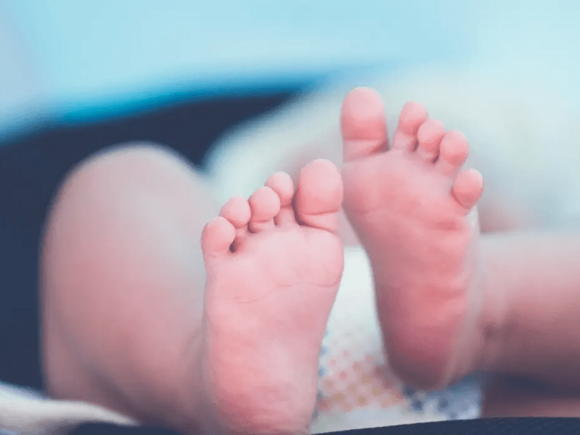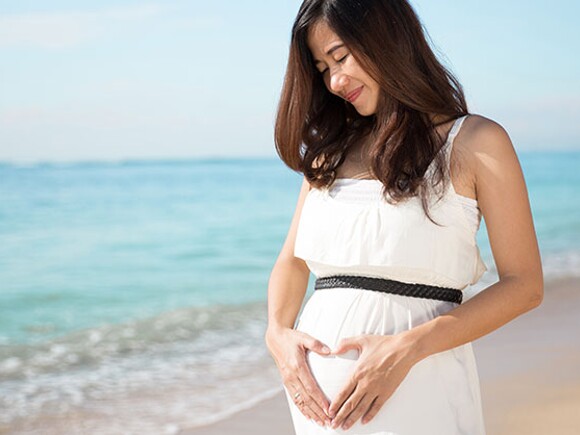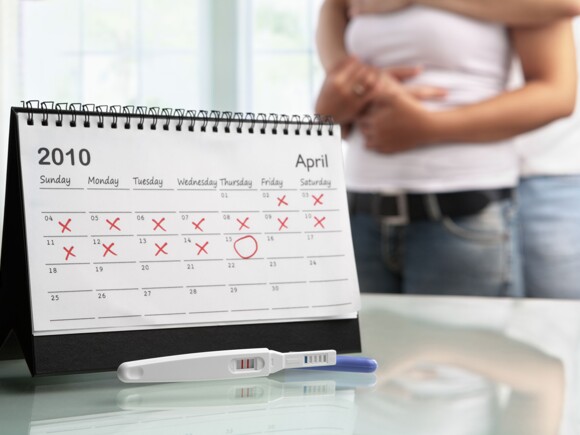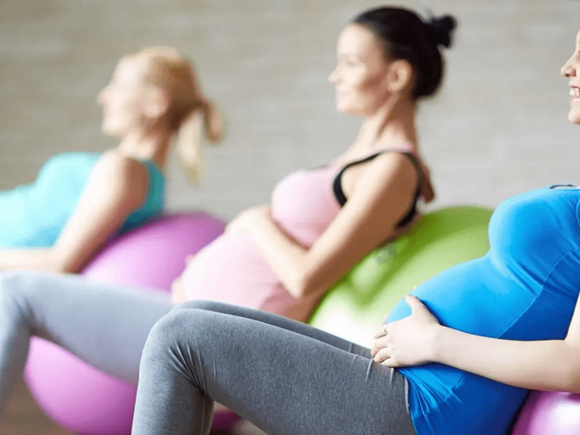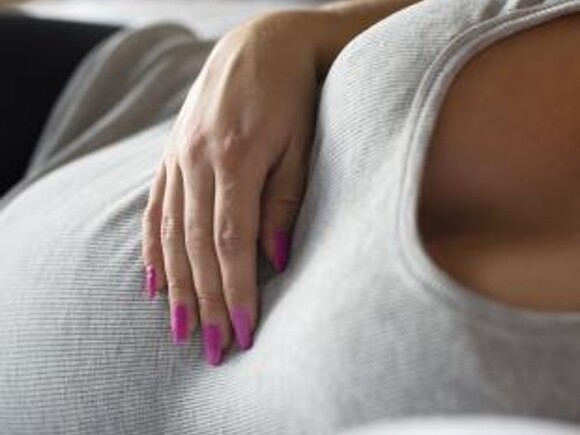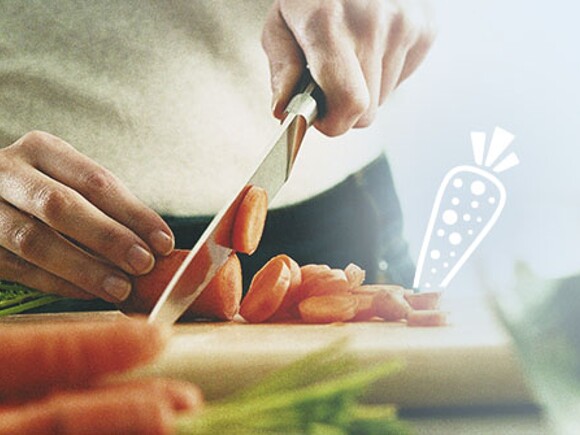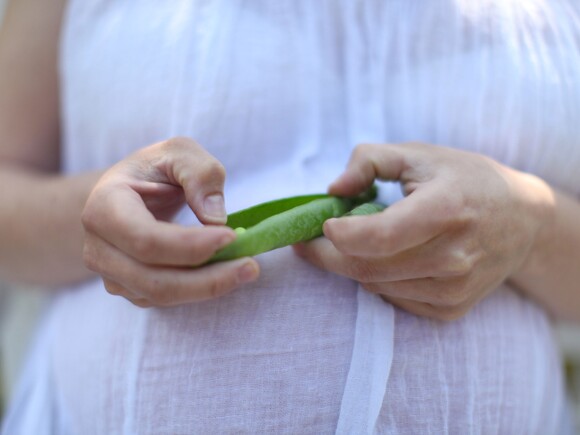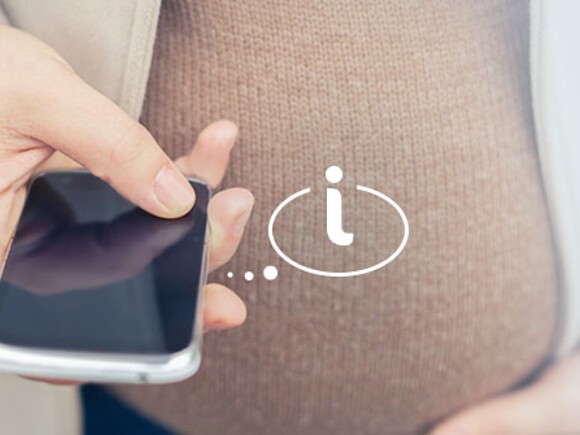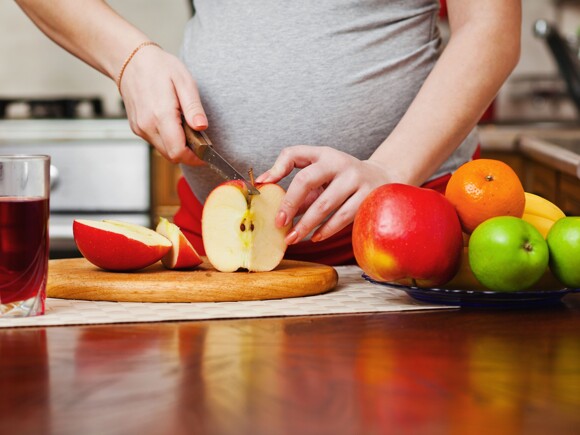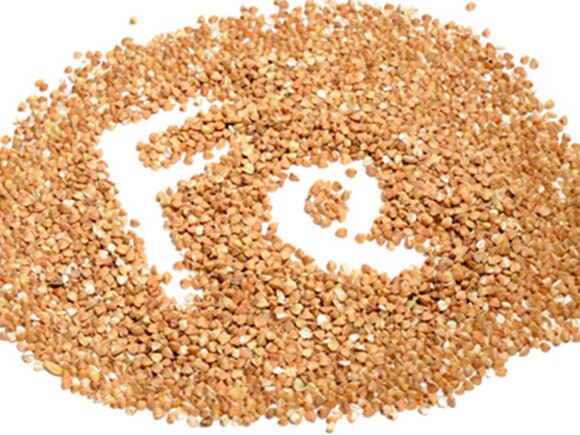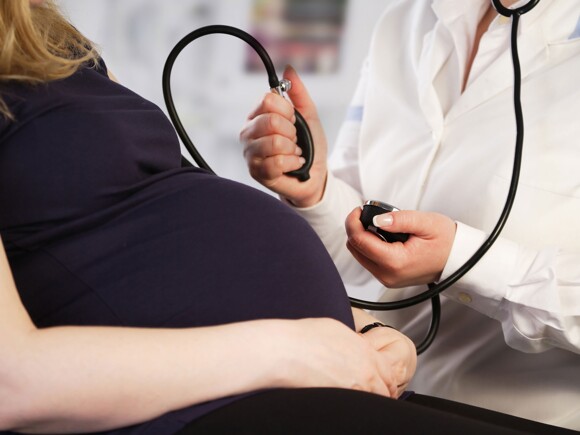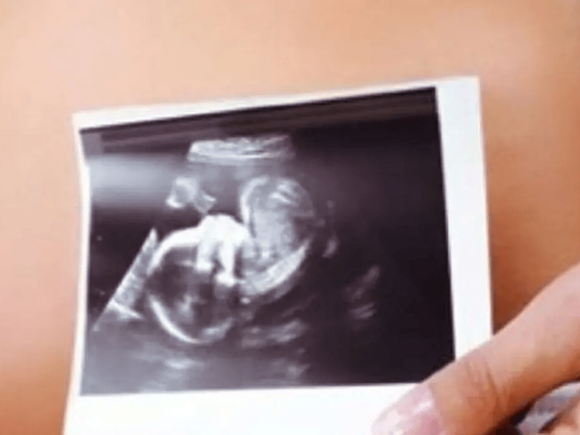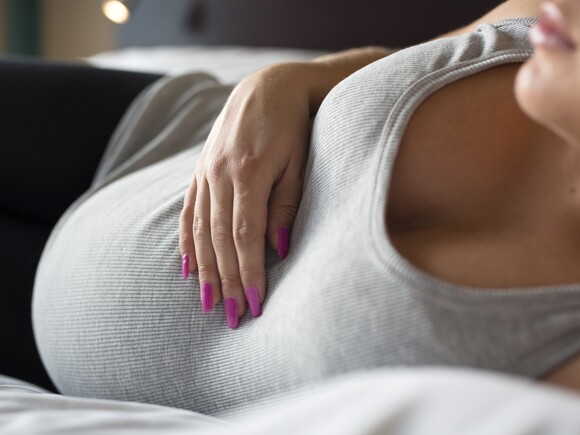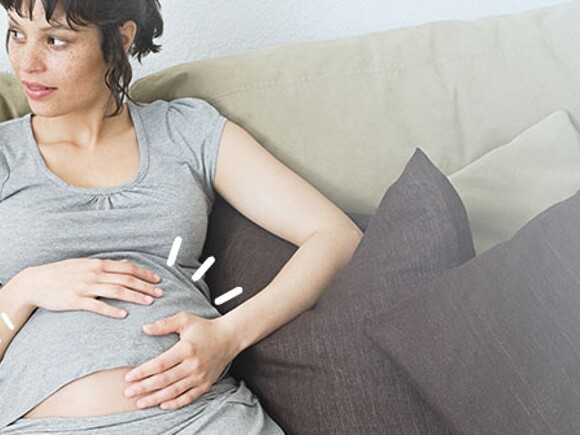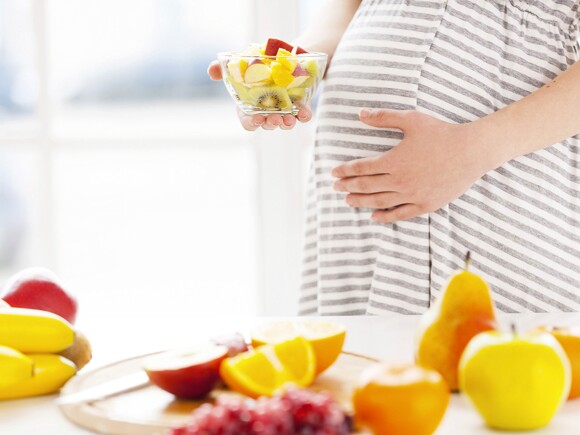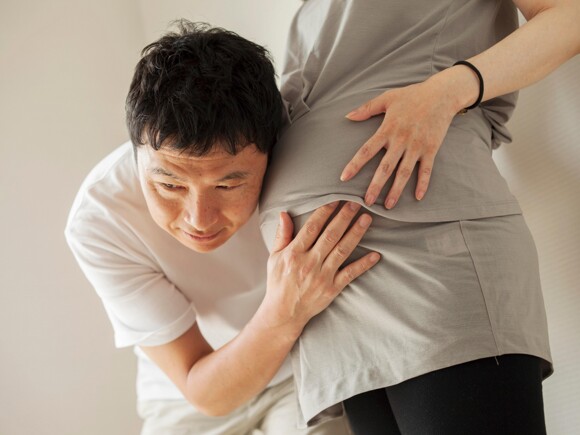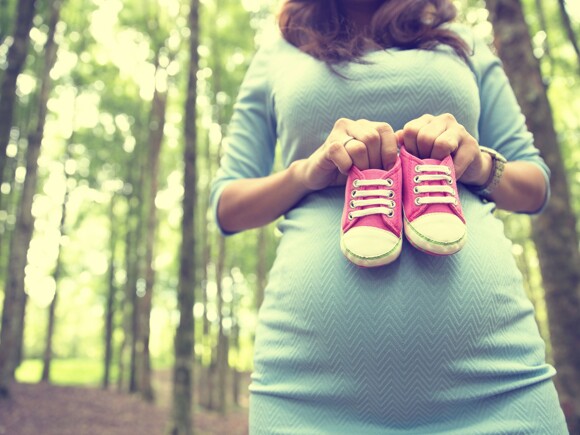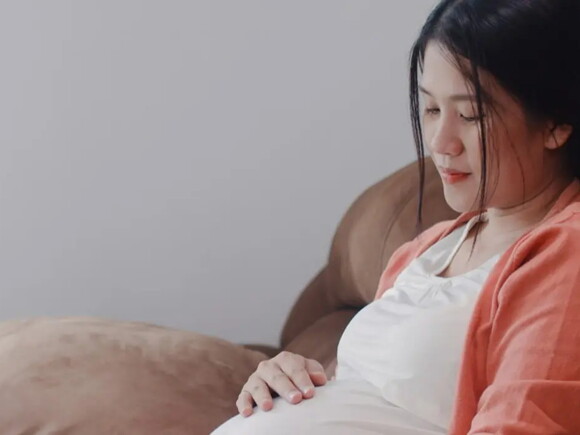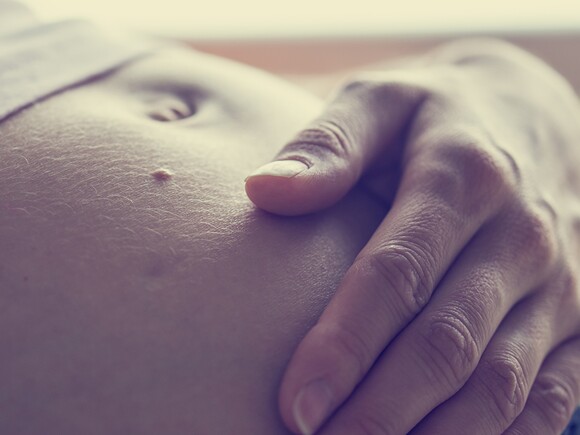Birthing day essentials: what to bring/what not to bring
The birth of your baby will be a day (or night) filled with buckets of giddy happiness, with a sprinkling of panic and apprehension. To keep the worries to a minimum, come prepared. After all, you have nine months, more or less, to get ready.
Between weeks 33 and 36 of the pregnancy, begin packing hospital bags for Mom, Dad, and your newborn. It’s best to do this early since, according to AIMS, a British charity that helps improve maternity services, only about five percent of babies are actually born on their due date. Most pregnancies carry on naturally between 37 and 42 weeks. You have to be ready to go any time after week 36!
This checklist will help you remember what you need to bring to the hospital on your baby’s birth.
For Baby
- A 12-pack of newborn-size diapers and a pack of hypoallergenic unscented wipes. This should be enough for the first day. Your companion can buy more as needed. You will generally be staying in the hospital from two to five days, depending on the type of delivery you have. Diapers and wipes for that long a stay will take up all the space in your bag. (Here’s a comparison of several types of diapers to help you pick. Alternatively, you could opt for biodegradable disposable diapers. Leave the cloth diapers for when you are strong enough to wash them.)
- 2 or 3 blankets. There are two types to choose from: a receiving blanket (usually square, made of muslin, flannel, or cotton), and a swaddle blanket (smaller blankets designed to wrap around your baby).
- A bonnet and 2 pairs each of socks and mittens. It can get cold in the hospital.
- Around 5 burp cloths. You may be wiping up infant bodily fluids quite a bit.
- 2 or 3 onesies, plus a going-home outfit. The best ones are hypoallergenic, made of soft and stretchy fabric, and fasten at the front with either snaps or ties. (Remember to wash all the clothes and blankets before packing!)
- A car seat. Under the child car seat law (or RA 11229), all children under 4’11” must sit in child restraint seats when they travel in vehicles. Newborns should be in rear-facing car seats for added safety. Install this seat in your car way before your due date.
- Diaper rash cream. This is in case your newborn develops a rash from their diapers.
- Baby book. Now begins a lifetime of documenting your child’s life. If you’d rather go digital, try Qeepsake.
What NOT to bring: Feeding bottles and formula milk. The Milk Code, signed into law in 1986, discourages hospitals from allowing the use of formula milk and feeding bottles on their maternity floors. This is to encourage new mothers to breastfeed, which, according to the World Health Organization, is “one of the most effective ways to ensure child health and survival.”
For Mom
- Important documents. These include insurance papers, your birthing plan, Philhealth ID, the contact information of your OB-GYN and pediatrician, and any other hospital paperwork you think you’ll need. Organize everything in one envelope for easy access.
- Three masks for each day you stay in the hospital. A disposable surgical mask becomes less effective after about five hours of use.
- Something roomy to wear during labor. While hospitals usually provide gowns, you may ask to wear your own clothes. Just pick a piece that won’t hinder the birth.
- Non-skid slippers and socks.
- Nursing tops and maternity bras. As soon as you give birth, your baby should latch on to nurse. This will continue in frequent bursts throughout your hospital stay—and, ideally, for the next two years.
- Loose-fitting comfortable clothes; one change per day. Bring a robe, too!
- Extra underwear and maxi pads. After giving birth, you will have vaginal discharge made up of mucous membrane and blood. This is normal and may go on for weeks.
- Clothes to wear home. Nothing too tight; let your body breathe.
- A towel and extra blanket. The ones the hospital provides may not be enough.
- Toiletries and cosmetics, including skin cream and lip balm. There will be a welcome pack for you and your baby when you check in. This usually includes a hygiene kit. But you can bring your own to make sure you have everything you need.
- Eyeglasses, contacts, lens solution. Pack extras in your bag ahead of time. Don’t wait at the last minute to grab the ones you use daily.
- Gadgets and chargers. You’ll want to document everything.
- Easy-to-digest snacks and water. Breastfeeding will make you ravenous. Bring a plate and cutlery, too.
- Prescription medication. Bring enough for a five-day stay if you are doing a Cesarean birth.
For Dad
- 2 changes of clothes. Baby spit-up will be a normal occurrence.
- Entertainment. There may be quite a long waiting time for to-be-dads. Devices (with chargers and headphones), books, magazines, a Kindle will help you relax and pass the time.
- A lightweight blanket and pillow. These should make the hospital room couch much more comfortable at night.
- Snacks and water. Hospitals will have plenty of snacks available in their canteens and vending machines. Bringing your own snacks will save you a trip down to the lobby.
- Philhealth and insurance documents. Mothers who are not Philhealth members can still enjoy the agency’s benefits through their legitimate spouse.
- Toiletries
- Three masks for each day you’ll be in the hospital
- Prescription medication
When you are done packing, place the bags by the front door so you can just grab and go when the contractions start. Welcome to the next chapter of your lives. It will be a wild and joyful ride!
Reference
- AIMS, How accurate is my due date?, 28 February 2020
- mybest, 10 Best Newborn baby diapers in the Philippines 2021, 2021
- Philippine Star, What you need to know about the Philippines’ child car seat law, 1 February 2021
- FDA, Press statement on the milk code, 28 October 1986
- WHO, Breastfeeding, 2021
About The Writer
Cecile Baltasar
Cecile is a freelance writer and editor who's been working professionally in the publishing industry for more than two decades.
When she’s not busy raising and homeschooling two kids, she writes (and edits) lifestyle stories, profiles of celebrities and politicians, and travel pieces. She’s served as contributor and editor for a wide range of outlets, including Edamama; SciDev.Net; GetCraft; Manila Bulletin; Panorama; FHM Philippines; Seventeen Magazine; ABS-CBN Foundation’s Green Initiative; and Everything Alternative Australia.
Cecile graduated with a degree in AB Interdisciplinary Studies from Ateneo de Manila University, with tracks in Communication Arts, Languages, and Theater. When she’s not mothering, writing, or homeschooling, Cecile likes to upcycle old furniture and grow vegetables.
The views and opinions expressed by the writer are his/her own, and does not state or reflect those of Wyeth Nutrition and its principals.










